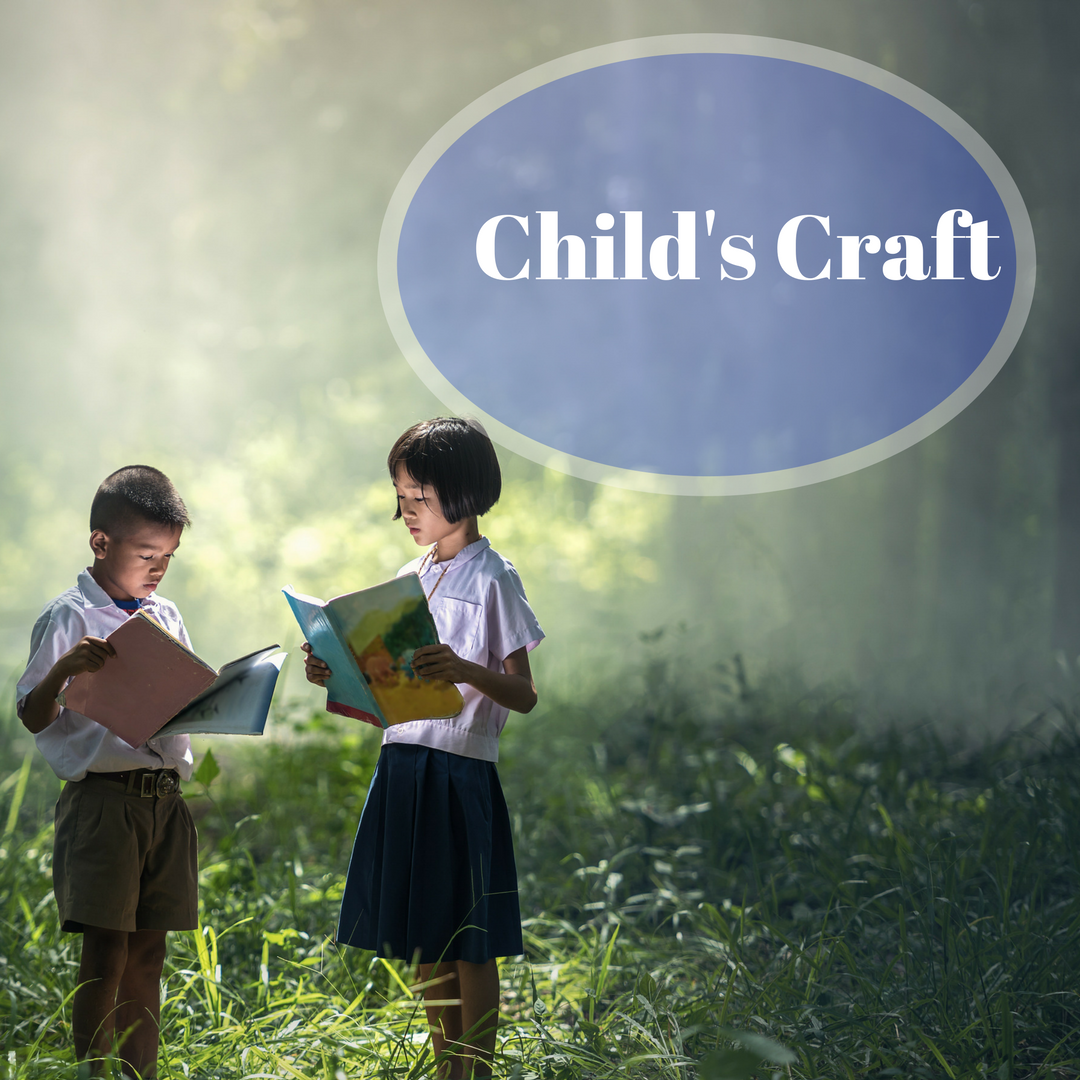I recently read these words written by an editor:
“Also, do not be contended with the cut and dried problems which writers have tried to solve since time began. Break fresh ground. Strike new chords. You need not create a problem new to life, that in fact, would be impossible, but treat a situation which has not formed the foundation for many stories. Remember, the story must not center entirely about the characters and their words and emotions. There must also be action, complication and some unusual happening. Make the editor take notice because you have given him something he did not expect, something fresh, stimulating, unusual…” Q.S Kimball, The Editor, Oct 10, 1914.
Did you catch the date that notation was written? 1914! This was written to my great grandmother in response to a manuscript she had submitted in a 12-lesson writing course. I discovered it recently while digging through a box I saved from my mother’s basement. That paragraph blew me away. Can you believe that editors were looking for fresh ideas back in 1914! I thought all stories were fresh back then!
Aren’t editors still saying the same thing today? How can we possibly submit fresh stories that haven’t been written yet? How many books have been published since 1914? How can they all be fresh, new, different, never done before?
I wonder if God says the same thing when He creates a new human being? “How can I possibly create someone new with all the gazillions of people I’ve already created?” But, yet, He does. He gives each of us a new way of looking at life, different points of view, varying passions and longings, a variety of talents and skill sets. He created us with diversified interests and things that make us laugh, that captivate us or bore us. And aren’t you glad for that? We could probably all view the same sunset but yet, see it differently.
I remember in art class in middle school, we learned to paint a still life picture. The teacher positioned an array of objects together and left them in the same position for that entire lesson. We each painted the exact same still life collection but every picture turned out completely different. We all saw it from a different point of view and position in the room. Some were drawn more to certain items than others and emphasized those, whereas others cast the same items in a totally different light.
Your view of the world is going to be different from another person’s. Your gift in writing is going to be different from another person’s. It is our job as writers to present our view, show a different glimpse into a situation, point out the humor, the nuances, the cleverness in circumstances. Isn’t that why we read and why children read– to be drawn into another’s world?
Why are you writing what you are writing? How is it different from what’s already out there? How can you make it stronger, more enchanting, quirkier? Learn what is already published by spending time in bookstores. Does there need to be another book out there like one that’s already there? Why? What enlightenment can yours bring to readers?
This is part of the fun of writing, making it your own. It is still our job, as writers, to create new slants to old situations, pepper stories with fresh ideas, and delight readers with the unexpected! After all, editors have been looking for fresh ideas since time began, or at least, since 1914! Let’s give the world something fresh, stimulating, unusual.




 We love helping your growing in your writing career.
We love helping your growing in your writing career.

What a beautiful discovery! Did you know your great-grandmother was a writer before finding the letter?
A great post with a wonderful reminder to use our uniqueness in our work. Thanks, Jill!